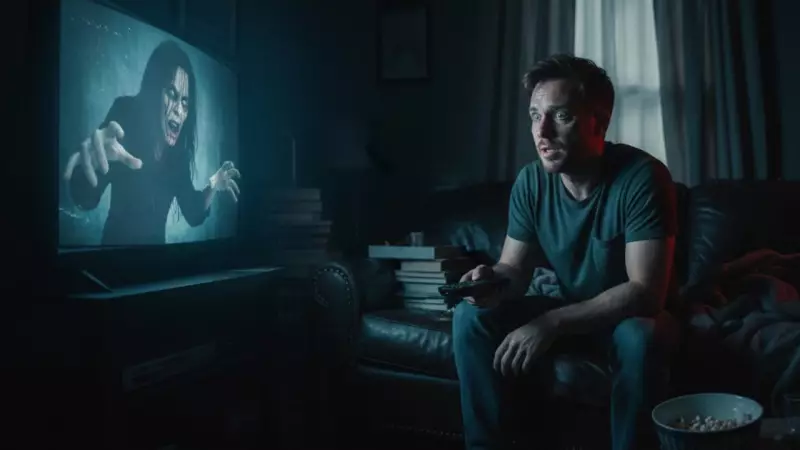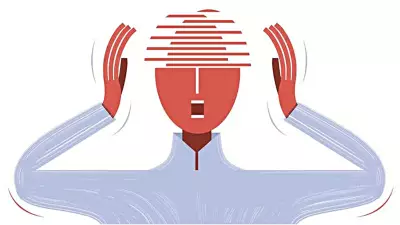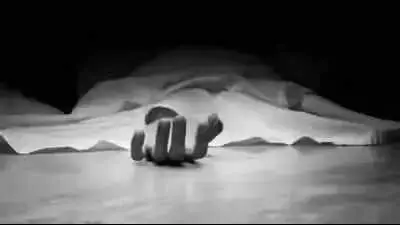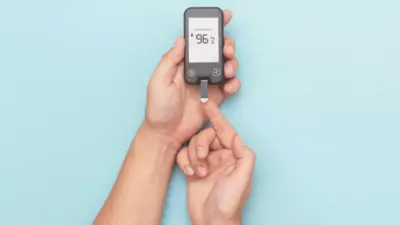
Ever wondered why you can't look away during a horror movie, even as your heart pounds and palms sweat? Science has some fascinating answers about what really happens inside your brain when you watch those terrifying scenes.
The Brain's Fear Factory: Amygdala in Overdrive
When you're watching a horror film, your brain's amygdala – the primitive fear center – goes into high alert. This tiny almond-shaped structure can't distinguish between real danger and fictional threats on screen. It triggers your body's fight-or-flight response, releasing stress hormones like adrenaline and cortisol that prepare you for perceived danger.
The Chemistry of Chills
Horror movies create a unique chemical cocktail in your brain:
- Adrenaline surge: Creates that heart-pounding, alert feeling
- Dopamine release: Provides the thrill and excitement that keeps you hooked
- Endorphin rush: Creates natural pain relief and euphoria after the scare passes
Why We Love Being Scared
Despite the terror, millions keep returning to horror films. The psychology behind this paradox involves several factors:
- Safe Danger Experience: Your logical brain knows you're not actually in danger, creating a controlled fear environment
- Post-Scare Euphoria: The relief after a jump scare releases feel-good chemicals
- Social Bonding: Shared scary experiences can strengthen social connections
- Mastery Feeling: Surviving the film gives a sense of accomplishment
Different Scares, Different Brain Reactions
Not all horror affects your brain the same way. Psychological horror creates sustained tension that keeps your stress levels elevated, while jump scares cause sudden, intense spikes in arousal. Gore and violence trigger different neural pathways related to disgust and empathy.
The After-Effects: When the Credits Roll
Even after the movie ends, your brain might remain on high alert. You might jump at ordinary sounds or feel uneasy in dark rooms. This lingering effect occurs because your nervous system takes time to return to baseline after being artificially stimulated.
For most people, these effects are temporary and harmless. However, individuals with anxiety disorders or trauma history might experience more intense and prolonged reactions.
Understanding the neuroscience behind horror movies reveals why this genre remains so compelling. It's not just about being scared – it's about the complex interplay of fear, excitement, and relief that creates a unique emotional rollercoaster for your brain.





